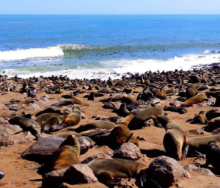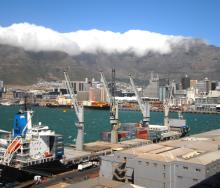The South African Poultry Association (Sapa) has confirmed earlier estimates that the current bird flu epidemic could result in 30% of the industry experiencing severe losses from culling chickens, potentially resulting in losses of more than R1.8 billion.
This after Dr Abongile Balarane, who heads up the Egg Division at Sapa, said earlier this month that the government had grossly understated the impact of the current bird flu outbreak (Highly Pathogenic Avian Influenza) when it said that 2.5 million chickens had already been culled by October 9.
Although not entirely wrong, that figure was on the broiler side of the country’s poultry industry.
Balarane said at the time that five million hens would have to be culled to contain the outbreak, causing the current shortage of eggs.
This morning, October 23, it was reported that Mozambique had decided to destroy 45 000 hens imported from South Africa (see report elsewhere).
The last time South Africa’s poultry industry experienced a crippling outbreak was in 2019 when about three million chickens were culled, leading to losses of about R1.8bn
So far, since the various strains of bird flu started spreading from the Western Cape and KwaZulu-Natal, 7.5m chickens have been incinerated.
Earlier this month, Balarane warned that the country could take 18 months to bounce back from the current crisis in the poultry sector, and that consumers may have to make do with egg alternatives such as imported liquid and powder alternatives of the protein.
Come next year, it is estimated that an industry of well over 27m egg-laying hens will have shrunk to 17.3m.
Some suppliers lucky enough to still have produce have seen a gap in the market, offering eggs for sale at R120 for a two-dozen tray where ordinarily they would have cost just under R100. Instances of such trays for going R150 have also been reported.
On the broiler side prices have edged up by as much as a third of the general price, in most instances, although consumers have reported significantly higher price increases.













